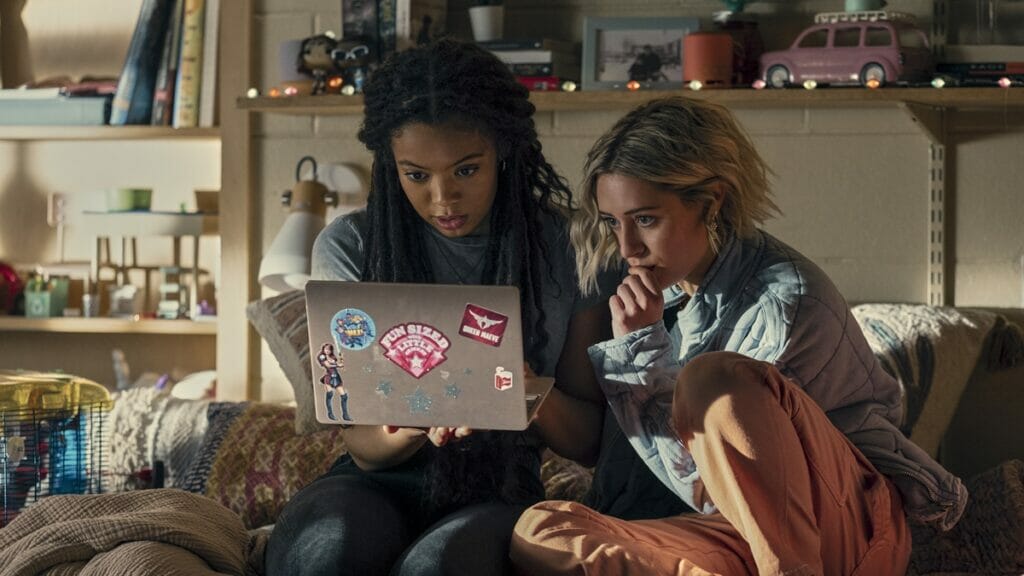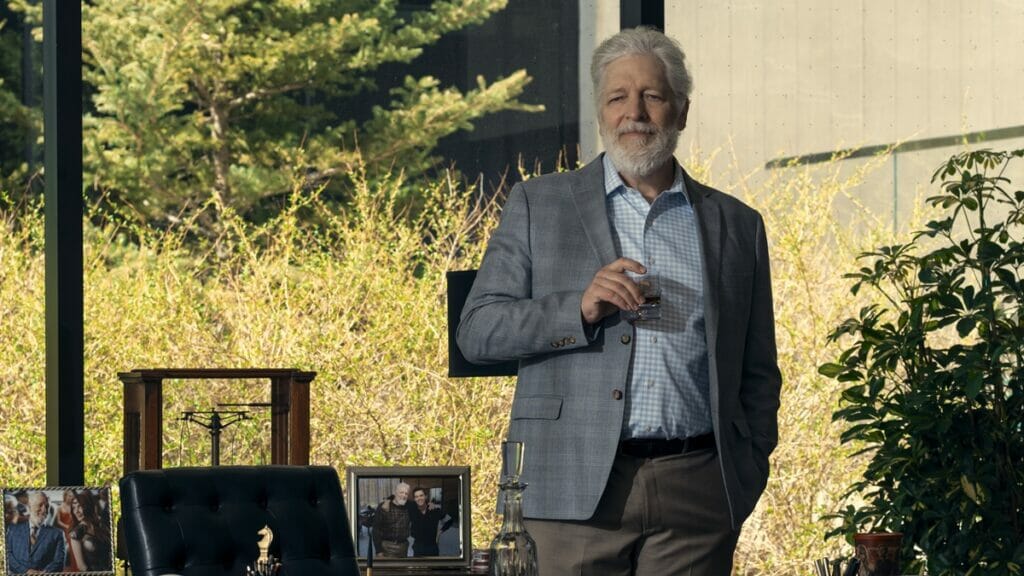Read also:
How to Watch FX Live Without CableHow To Watch AMC Without CableHow to Watch ABC Without CableHow to Watch Paramount Network Without CablePrime Video’s spinoff of the highly successful and cynical superhero series alters the ratio of snark to sincerity and it pays off.
This piece was written during the 2023 SAG-AFTRA strike. Without the labor of the actors currently on strike, the works being covered here wouldn’t exist.
The Boys is good. Often, it is excellent. However, the Eric Kripke-created adaptation of the Garth Ennis-Darick Robertson-created comic book series sometimes overindulged in juvenilia and “is this too edgy for you, square?” baiting. To be fair, that isn’t exactly unfaithful to the source material. Ennis frequently vacillates between scathingly insightful critiques of the human condition and truckloads of dick jokes (see also, Preacher).
Still in the world of The Boys but freed from specific source material, the Kripke-Evan Goldberg-Craig Rosenberg developed Gen V reworks the recipe a bit in the six episodes screened for critics. There’s less direct criticism of superhero conventions and gimlet-eyed cynicism, for sure. That’s the right choice, though. It would be a mistake just to make a show that was “The Boys, but at college.” While family, friends, and institutions have let down these protagonists, they still have optimism. Despite the encroaching machine of Vought’s superhero industrial complex, they still believe there are right choices available. The result is a more empathetic series that still has room for the blood, guts, and penises Boys enthusiasts love.
Godolkin University—aka God U—is the most prestigious super University in the world. Under the leadership of mentors like Dean Indira Shetty (Shelley Conn) and Professor Rich Brinkerhoff (Clancy Brown)—affectionately known on campus as Brink—young adults with superpowers receive training in the ways of media management and vigilante justice. Think what the NCAA does with/to college athletes. Sure, they’re attending a university, but no one really believes they’re there for academics.

The big man on campus, Luke, aka Golden Boy (Patrick Schwarzenegger), is the top-ranked student and a shoo-in for joining the Big Time. His girlfriend, Cate (Maddie Phillips), has magically persuasive hands but prefers a life managing Luke’s PR. His best friend Andre (Chance Perdomo) is following in his dad, the heavy hitter Polaris’s (Sean Patrick Thomas) footsteps, and feels perfectly content to cede the spotlight to Golden Boy. Golden Boy’s runner-up, the gender-fluid in both self-concept and superpowers Jordan (London Thor and Derek Luh), doesn’t love coming in second but has grown to accept their place, especially as it means they get to be Brink’s TA/gatekeeper.
First-years Marie (Jaz Sinclair) and Emma (Lizze Broadway) soon join them. Marie gets shunted onto the entertainment track for “weird” powers—she manipulates blood—a choice that threatens her goal to become a crime fighter to make up for past tragedies. Emma, already a YouTube star of sorts for her shrinking powers, seems the happy-go-lucky roommate party girl, but you know that it can’t be that simple.
[A] more empathetic series that still has room for the blood, guts, and penises Boys enthusiasts love.
In short order, the hexad realizes God U may not be the golden ticket to all their dreams. Like everything in this world, media management and good old-fashioned interpersonal manipulation have obfuscated a metric ton of sins. Sins that may do more than derail their dreams of heroism and endorsement deals.
While Sinclair initially presents as our POV character—and does a fine job with the job of a good kid wounded by one terrible moment—the show quickly becomes an ensemble affair. Broadway especially excels, finding a central throughline that pulls Emma together when the performance easily could’ve felt dichotomous instead of integrated. Similarly, Luh and Thor’s takes on Jordan makes excellent use of their physical differences while emotionally and personality-wise feeling very much of the same person. As the season goes, the rest of the cast similarly grows more well-rounded and intriguing.

Despite having a different valence, Gen V does feel like it’s part of the larger Boys-world. Cameos are one way the series achieves this, but smartly, we see the characters from a different perspective than in the main series. For instance, in episode 6, a prominent hero makes an appearance. While personality-wise, they hew close to their Boys’ depiction, it is a bit sanitized. Think more unpleasant than psychotic.
Additionally, the performer utilizes a different voice than previously. While never commented on, the reasoning is clear. In The Boys, viewers see the “real” people. In Gen V, we see the characters’ interpretations of these heroes tainted by distance, idolization, and faulty memory.
Not everything works. For instance, the therapist on hiatus in me isn’t thrilled with how the show depicts the violent delusions of a character suffering from a schizophrenia-like mental disorder. It is too cute—and thus reductive—by half. Thankfully, these errors in tone are rare. For the most part, Gen V has created a corner of this universe that makes sense within its own boundaries and as part of a whole. With only two episodes not screened for critics, that’s a great sign. Gen V isn’t The Boys and isn’t trying to be The Boys. It is all the better for that.
Gen V signs up for classes on Prime Video starting September 27.